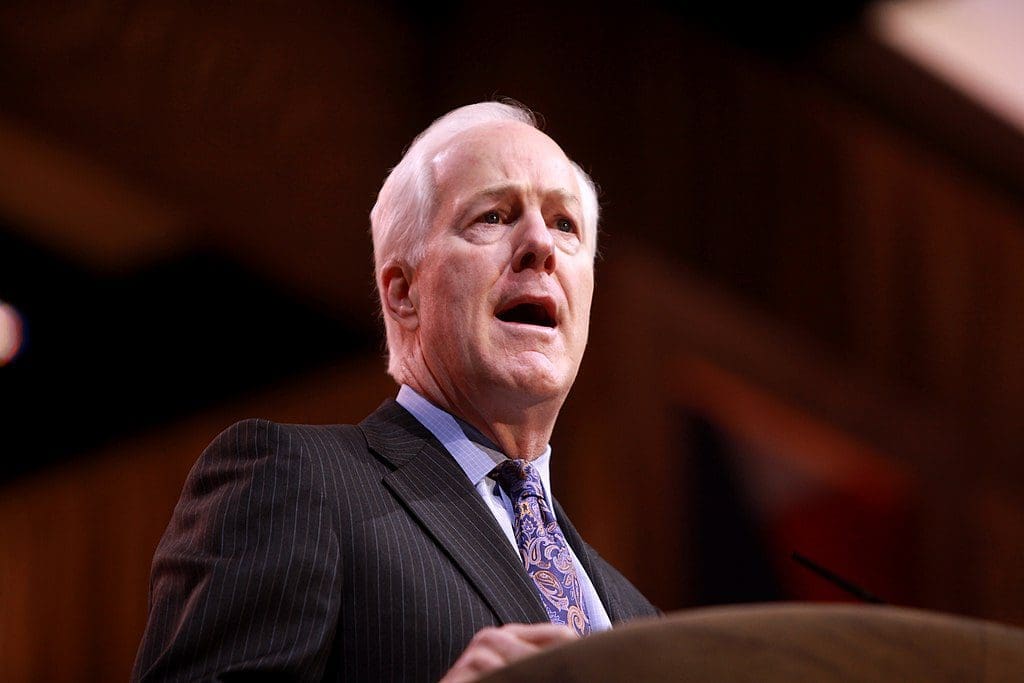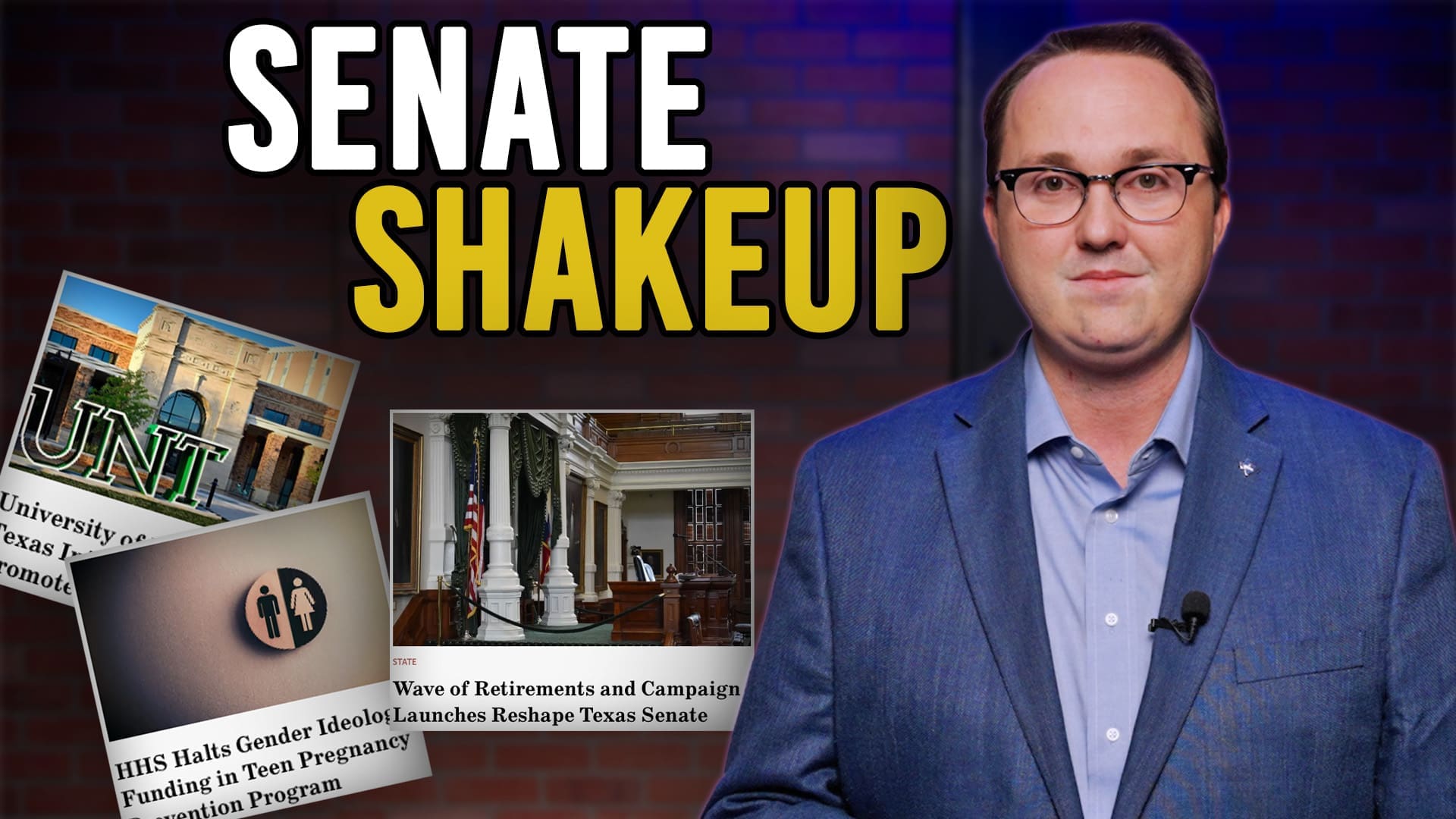As many grow more concerned with the federal government’s encroachments on state sovereignty, Republican State Rep. Brian Harrison of Midlothian has filed a new bill that would amend the state election code by creating a recall provision for United States senators.
According to House Bill 5065, in order to restore the original constitutional design that U.S. senators serve the best interests of the state, senators would be subject to a recall if there is a majority vote in each chamber of the Texas legislature.
Harrison says he filed the bill because senators have become beholden to D.C. special interests and disregard the state they serve.
“Our founders intended U.S. senators to represent the interests of the sovereign states and safeguard against federal overreach,” Harrison told Texas Scorecard. “Unfortunately, since the 17th Amendment, many have become beholden to D.C. special interests and complicit in the erosion of liberty and acceleration of America’s move to a post-constitutional era, where unelected bureaucrats write and enforce law by edict. We must empower Texans to ensure our U.S. senators serve the best interest of the State of Texas.”
The legislation comes as U.S. Sen. John Cornyn (R–TX) has seen his popularity wane among Republican constituents.
At last summer’s biennial Republican Party of Texas convention, 67 percent of delegates said they had an unfavorable opinion of Cornyn.
Cornyn came under fire after he helped introduce a bipartisan gun control bill that would fund states to impose red-flag laws, confiscating guns without due process.
After the bill was passed in the Senate, many at the GOP convention booed Cornyn off the stage, and the Republican Party of Texas Platform Committee passed a resolution condemning Cornyn’s gun control bill.
Attorney Tony McDonald, however, expressed concerns about whether a court would uphold such a law.
“This legislation opens up an interesting conversation about our elected officials. Unfortunately, a court would likely find a recall mechanism for U.S. senators unconstitutional,” said McDonald.
The bill has not yet been referred to a committee in the House.





